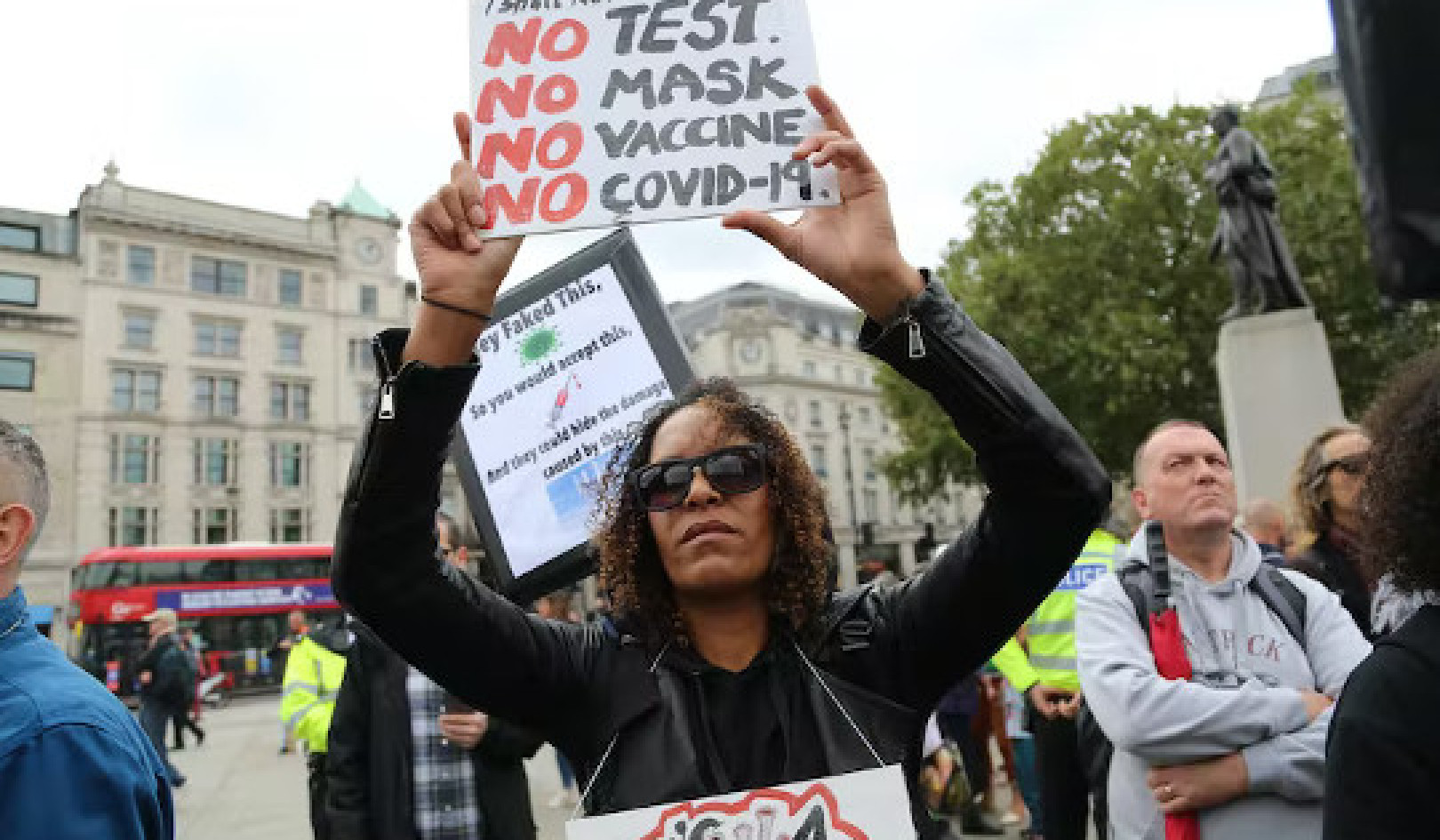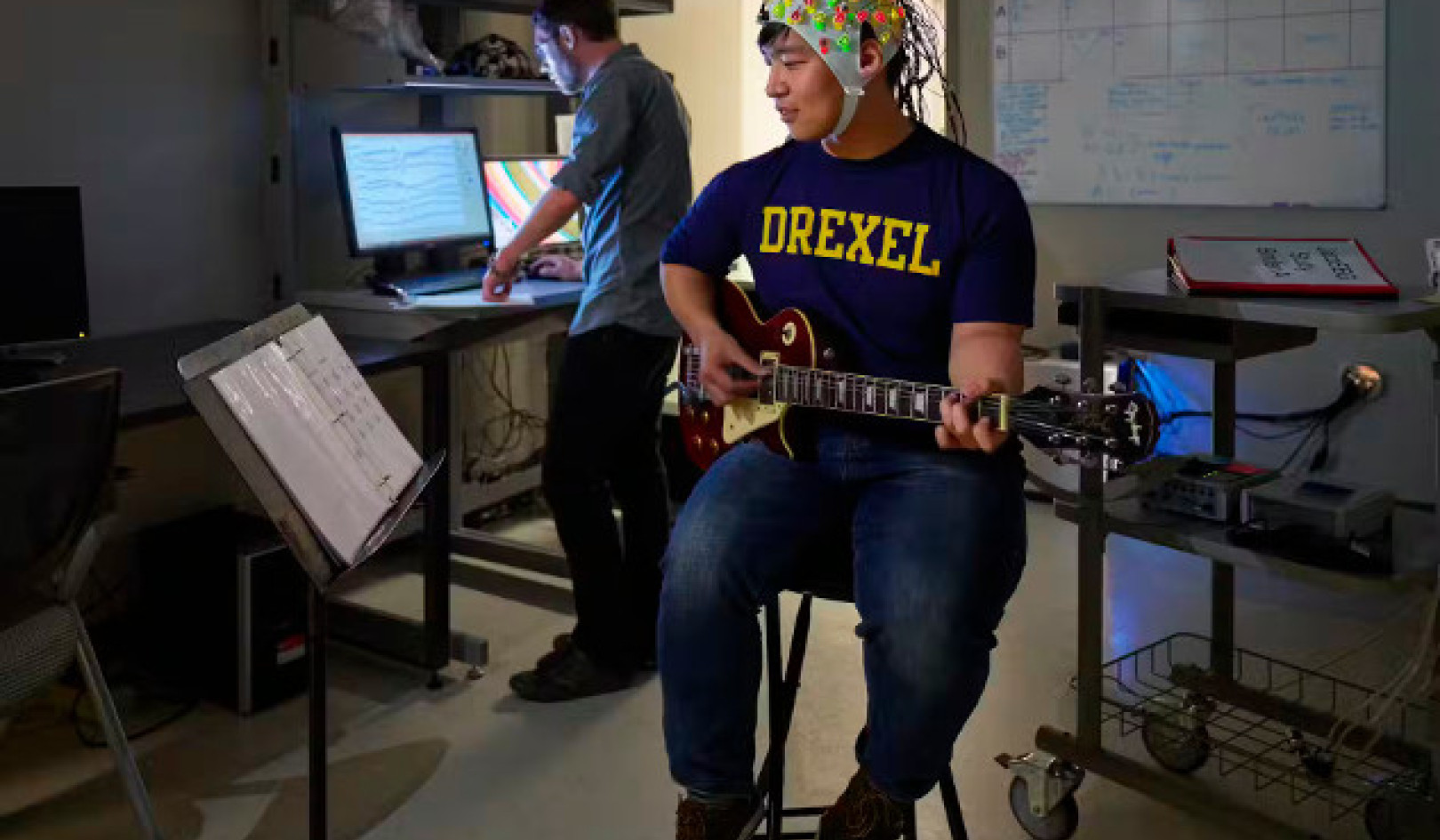
Someone asked me what living with cancer for thirteen years is like, never knowing whether the disease will remain under control. I said, “It’s like being hurled into a classic 1950s horror movie where you know terrible things will happen but you don’t know when they will occur.”
Many people treated for cancer, as I have, conjure up reoccurring thoughts during those quiet moments when the mind entertains what you’ve tried to repress all day. When will it come back? Will it get more severe? When will I lose those things I love?
These questions and others inject anxiety into the most insignificant events. Many other expressions of concern are misinterpreted, such as the gratitude we express for even your smallest efforts, our lack of gratitude for what you have sacrificed, and our attempts to tamp down anxiety before routine medical visits. As we struggle to keep our fears in check other behaviors are misinterpreted such as craving simplicity, the desire for control, the need for stability, and what we interpret as “dignified treatment.”
WHEN YOU BECOME COLLATERAL DAMAGE
Cancer is a community event bringing people along the journey whether or not they want to come. We interact with a stranger and wonder why she’s so distant, not knowing she is struggling with the effects of a recent chemotherapy session. A salesperson ignores your question about a dress’s material, and you interpret her non-response as hostile since you don’t know how the recurrence of her cancer is disrupting her life. A good friend will no longer accept invitations to social events because of pain, and not knowing that she has cancer leaves you believing you did something wrong.
I didn’t realize the impact my prostate cancer would have on friends and family and even people who were casual acquaintances or strangers. The journey I and others with cancer are on produces collateral damage through our unskillful words and behaviors. When you don’t understand why your loved one said something shocking to you or others or did something unexpected, assume the cancer generated it.
The course of cancer’s development and treatment is not stable. If it were, we could predict outcomes. Think of your loved one as trying to balance on an exercise platform, a device physical therapists use to strengthen core muscles. Efforts to maintain balance must be continuous since remaining in one position without falling is impossible.
In many ways, the balance board is analogous to living with cancer. Your loved one may be trying to balance acceptance of how the disease is limiting his life with resistance to the changes cancer creates. Even when assured a person is cancer free, the thought reoccurs: “But what if a few cancer cells remain?”
THINKING ABOUT CANCER IS NOT THE SAME AS EXPERIENCING IT
Everything you imagine about a potentially lethal disease is a theory until experienced. Sometimes your thoughts are right on, but often, such as with me thirteen years ago, my idea of what it would be like to have cancer wasn’t close. “You have prostate cancer,” the urologist said. He continued speaking while I tried getting past the shock of his words. “And it’s aggressive.”
I don’t remember what I said to him, but I still become nauseated thinking of the four words. I was fifty-seven, and death was theoretical — something that happened to people of my parent’s generation. I was a full professor at San Francisco State University and involved in research and publications. Life was good. And death? Well, it was something beyond my horizon, something I saw in movies and read in novels. Something I would “eventually” experience. With the four words, “You have prostate cancer,” eventually, turned into now.
I searched the Internet and found one in seven men develop prostate cancer. The exclusivity of the group made me think of Groucho Marx’s reaction when he received a telegram from an exclusive Hollywood club offering him membership. He wrote back, “I don’t want to belong to any club that will accept me as a member.”
Just as Groucho reacted to his invitation, I wasn’t thrilled to become a member of the “Men with Prostate Cancer Club.” Groucho had the option of declining; I didn’t. My discomfort continued when I read the five-year survival rates. Most men around seventy diagnosed with prostate cancer survive at least five years and usually die from other causes. I was fifty-seven and intended to live more than five years.
I also read men with prostate cancer that was confined to the gland had a 100 percent survival rate. I didn’t know whether my cancer was in the gland or had proliferated. If I chose surgery, the surgeon couldn’t determine whether it had spread until he removed the gland. If I chose radiation, the metastasis would be undetectable until tumors grew in other parts of my body.
The bad news continued with my Gleason score. The Gleason score is a combination of PSA (protein specific antigens) and the aggressiveness of the cancer cells. My PSA was 16 (normal is less than 1.3), and the urologist described the cancer cells as “aggressive.” My Gleason score was an ominous 7. I had read that Frank Zappa, the noted rock musician who died from prostate cancer, had a Gleason score of 9, one less than the maximum. My score was closer to his than a “5 or lower” Gleason score, with encouraging survival statistics.
I wrestled with how to tell to my wife and two adult children. What words would I use? Should I use humor to soften the blow, or should I pretend the diagnosis had the significance of a cold?
Hi, Dear. I’m grilling steak for dinner. Sorry, it’s not done yet. I was delayed starting the grill because the urologist called and told me I have prostate cancer. What would you like for dessert?
No, my nonchalant approach wouldn’t work, nor would my usual way of dealing with emotional issues, which was to become “professorial.” I approached life as a complex clinical problem needing objective solutions.
Here is problem A. Try using B, C, and D. If none of them work, try E, F, and G.
A ridiculous approach to something terrifying. I thought about the unskillful things I did throughout my life and wondered whether I had time to apologize. Would I have the courage to admit my mistakes, no less ask for forgiveness? What about my long list of goals? Could I complete them, or should I begin arranging them in order of importance? If prioritized what criteria should I use — importance to me, importance to my family, importance to my profession? Would my life change in unacceptable ways if I survived?
CHANGE OF IDENTITY
Throughout my life, I was an avid outdoors person. I still viewed myself as “young,” despite the many infirmities of middle age. After all, cancer doesn’t happen to young people. Well, maybe not many. I’m fifty-seven, for God’s sake! That’s not old enough to get cancer, right?
Images of being debilitated by the disease went through my mind as if it were a preview for a horror movie. I had been self-reliant my entire life and rarely asked my family or friends for help in doing anything physical. I thought back to the time when my friend told me she had cancer. Now, I would be saying the three words to my family.
I wondered what went through her mind when she informed me of her diagnosis. Did revealing the diagnosis shatter her world as much as I anticipated the words would affect mine? My world changed with four words, and I didn’t know how to deal with the diagnosis. I couldn’t predict the changes but knew the greatest would involve my identity: the old Stan, who existed before the diagnosis, would be replaced by someone I didn’t know.
Copyright © 2016 by Stan Goldberg.
Article Source
Loving, Supporting, and Caring for the Cancer Patientt: A Guide to Communication, Compassion, and Courage
by Stan Goldberg, PhD.
 When someone says “I have cancer,” what will you say? More importantly, what will you do? In Loving, Supporting, and Caring for the Cancer Patient, readers will learn specific ways of going beyond the response “I’m so sorry,” and practical behaviors that will ease a loved one or friend’s journey. They range from being specific immediately after a diagnosis, to honoring their loved one or friend at the moment of passing.
When someone says “I have cancer,” what will you say? More importantly, what will you do? In Loving, Supporting, and Caring for the Cancer Patient, readers will learn specific ways of going beyond the response “I’m so sorry,” and practical behaviors that will ease a loved one or friend’s journey. They range from being specific immediately after a diagnosis, to honoring their loved one or friend at the moment of passing.
Click here for more info and/or to order this book.
About the Author
 Stan Goldberg, PhD, is Professor Emeritus of Communicative Disorders at San Francisco State University. He is a prolific award-winning writer, editorial consultant and recognized expert in the area of cancer support, end-of-life issues, caregiving, chronic illnesses, aging and change. With more than 300 publications, presentations, workshops and interviews, he garnered 22 national and international awards for his writing. Goldberg was a bedside volunteer at the internationally renowned Zen Hospice Project in San Francisco, as well as Hospice By The Bay, George Mark Children's House and Pathways Home Health and Hospice. His website is stangoldbergwriter.com.
Stan Goldberg, PhD, is Professor Emeritus of Communicative Disorders at San Francisco State University. He is a prolific award-winning writer, editorial consultant and recognized expert in the area of cancer support, end-of-life issues, caregiving, chronic illnesses, aging and change. With more than 300 publications, presentations, workshops and interviews, he garnered 22 national and international awards for his writing. Goldberg was a bedside volunteer at the internationally renowned Zen Hospice Project in San Francisco, as well as Hospice By The Bay, George Mark Children's House and Pathways Home Health and Hospice. His website is stangoldbergwriter.com.
Books by this Author
at

Thanks for visiting InnerSelf.com, where there are 20,000+ life-altering articles promoting "New Attitudes and New Possibilities." All articles are translated into 30+ languages. Subscribe to InnerSelf Magazine, published weekly, and Marie T Russell's Daily Inspiration. InnerSelf Magazine has been published since 1985.

Thanks for visiting InnerSelf.com, where there are 20,000+ life-altering articles promoting "New Attitudes and New Possibilities." All articles are translated into 30+ languages. Subscribe to InnerSelf Magazine, published weekly, and Marie T Russell's Daily Inspiration. InnerSelf Magazine has been published since 1985.

























